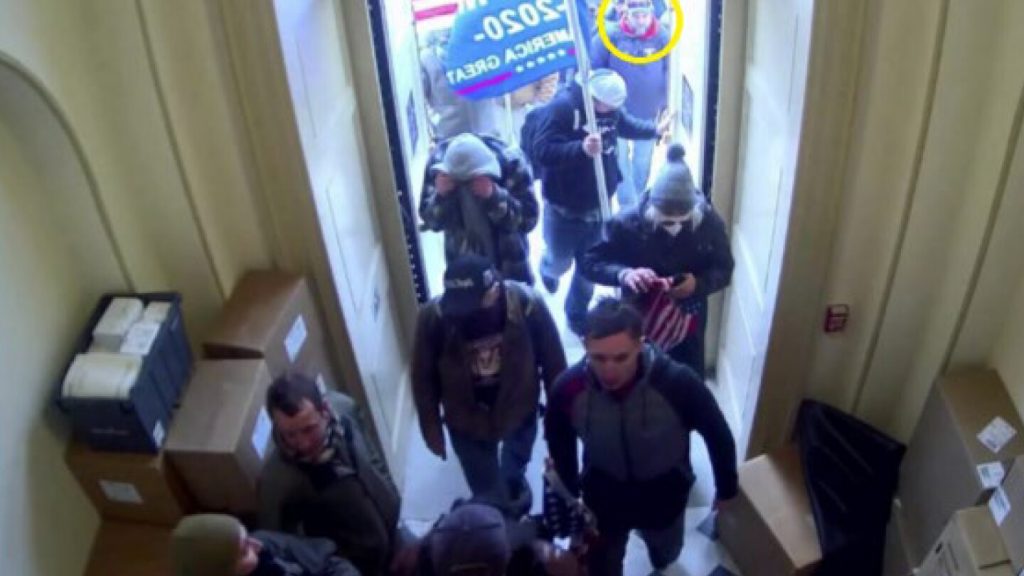DiGiovanni’s sentencing comes after his guilty plea to entering the Capitol during the January 6 attack in support of then-President Donald Trump. He spent around 22 minutes inside the building and celebrated on the East Front steps afterward. Despite prosecutors recommending a 30-day jail sentence, DiGiovanni’s defense attorney argued for no jail time, stating that he was not an active participant in the insurrection. The judge ultimately sentenced DiGiovanni to 10 days in prison and 50 hours of community service.
In a statement after the sentencing, DiGiovanni’s lawyer expressed gratitude that this “dark chapter” in his client’s life is now over. DiGiovanni, a contractor and business owner, has also served as an alderman in his hometown of Derby, Connecticut, and even ran for mayor after the Capitol riot. This case is part of a larger legal effort following the Capitol riot, with over 1,350 people being charged and more than 800 already sentenced to prison terms ranging from a few days to 22 years. The incident remains a significant event in recent U.S. history.
The sentencing of DiGiovanni highlights the ongoing legal consequences faced by individuals involved in the Capitol attack, which was seen as an attempt to overturn the results of the 2020 presidential election. The events of January 6, 2021, have sparked widespread debate and scrutiny, with many questioning the motives and actions of those who participated in the mob violence. The sentencing of DiGiovanni serves as a reminder of the impact of such actions and the importance of upholding the rule of law.
While some have argued that DiGiovanni was merely a follower and not an active participant in the insurrection, the judge’s decision to impose a jail sentence reflects the seriousness of his actions. The judge’s reference to Benjamin Franklin’s quote about the fragility of reputation underscores the lasting consequences of participating in unlawful activities, particularly those aimed at undermining democratic processes. The sentencing also sends a message to others who may consider engaging in similar acts of violence in the future.
The combination of jail time and community service for DiGiovanni emphasizes the need for accountability and rehabilitation in cases of political violence. The sentencing serves as a form of justice for the harm caused by the Capitol attack and aims to deter others from engaging in similar actions in the future. As the legal process continues for those involved in the events of January 6, the sentence for DiGiovanni sets a precedent for holding individuals accountable for their roles in undermining the democratic process. The lasting repercussions of the Capitol attack continue to resonate in American society.


